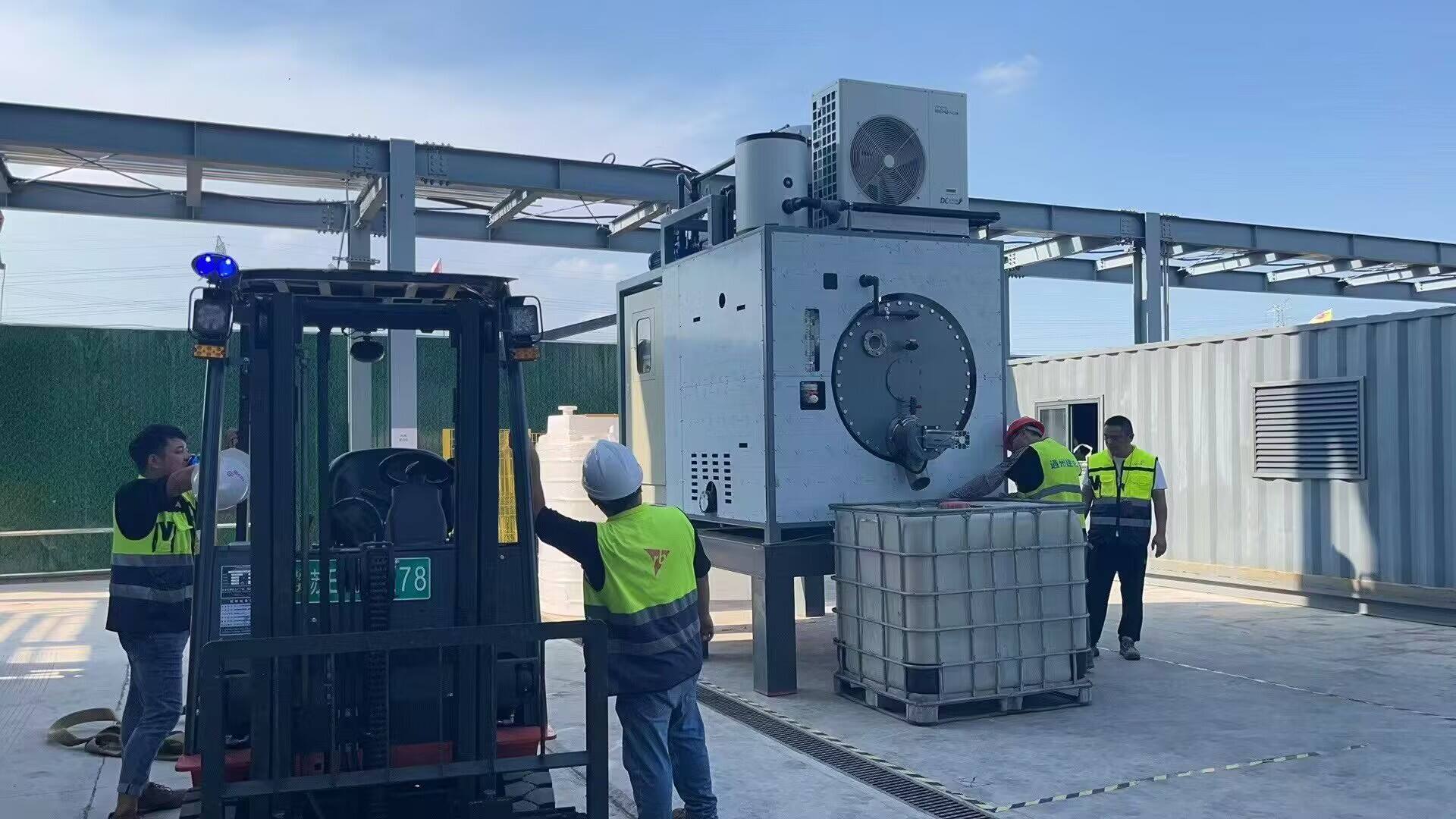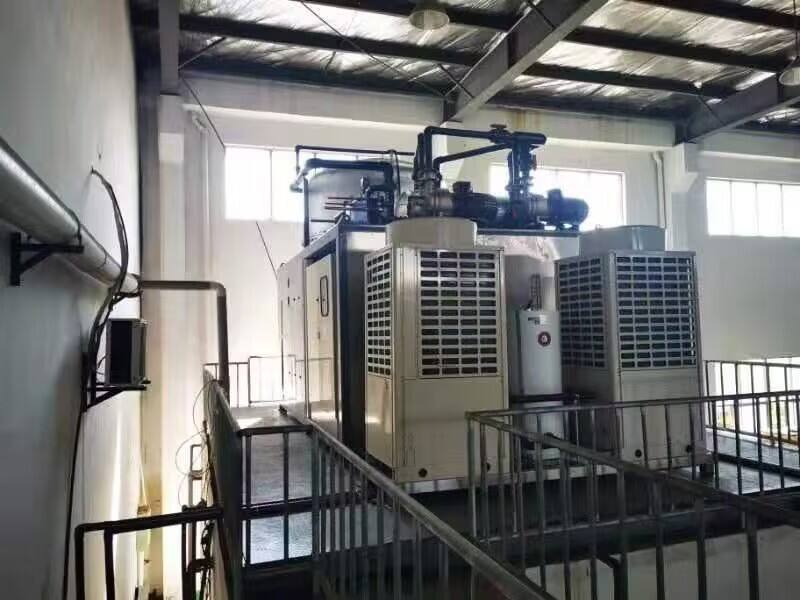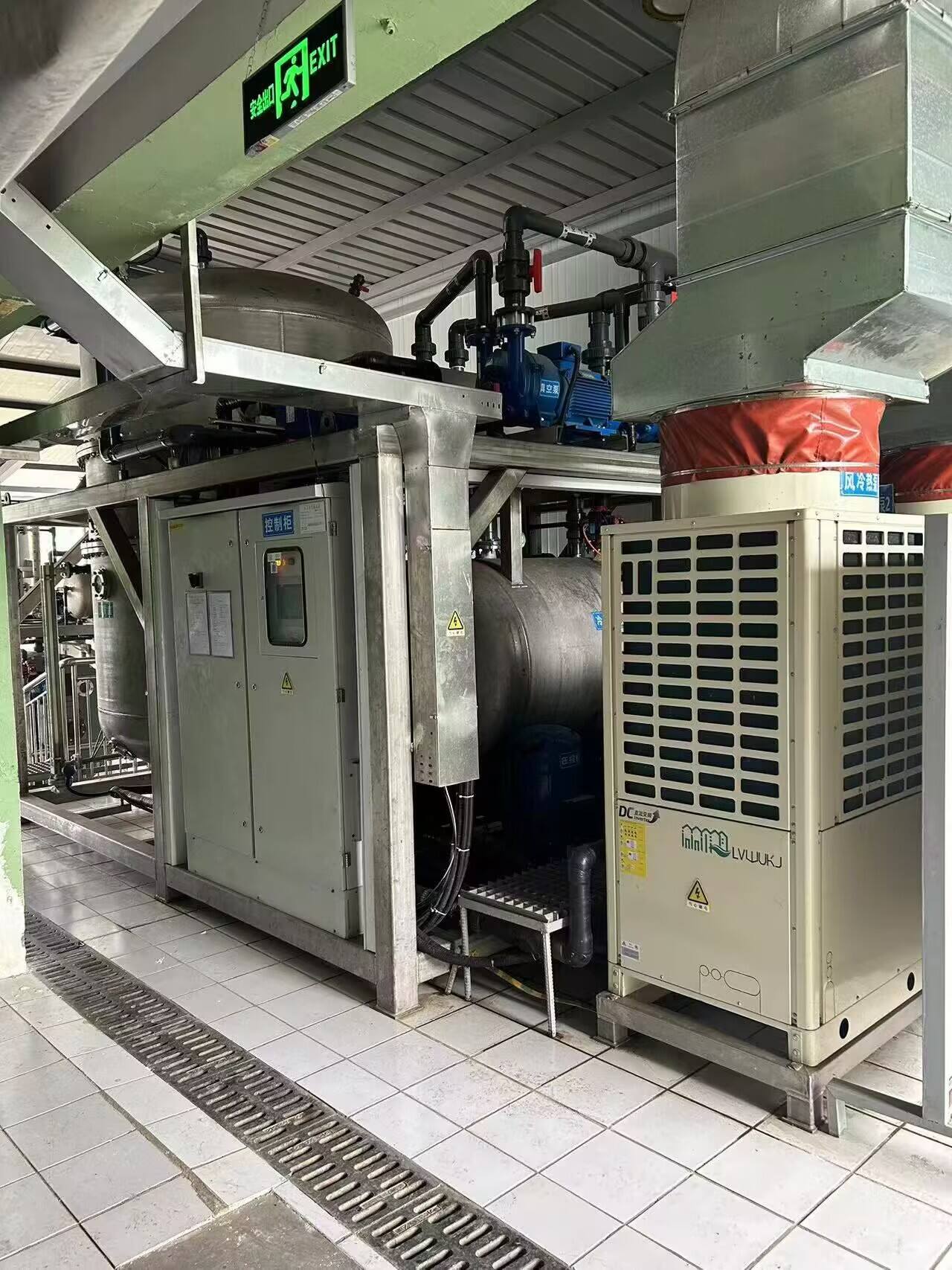low temp evaporation technology
Low temperature evaporation technology represents a cutting-edge solution in industrial processes, designed to concentrate or separate substances at temperatures significantly lower than conventional evaporation methods. This innovative approach operates typically between 40-60°C, making it particularly valuable for heat-sensitive materials and energy-efficient operations. The technology employs a sophisticated vacuum system that reduces the boiling point of liquids, allowing for effective separation while preserving the integrity of temperature-sensitive compounds. The process involves three main stages: initial heating, vacuum-assisted evaporation, and condensation recovery. The system utilizes advanced heat exchangers and precise temperature control mechanisms to maintain optimal processing conditions throughout the operation. Its versatility makes it applicable across various industries, including food processing, pharmaceutical manufacturing, and chemical production. The technology's ability to handle diverse materials while maintaining product quality has made it increasingly popular in modern industrial applications. Additionally, the system incorporates automated controls and monitoring systems that ensure consistent performance and product quality. This technology has proven particularly effective in processing heat-sensitive materials such as proteins, enzymes, and volatile compounds, where traditional high-temperature evaporation methods might cause degradation or loss of essential properties.


